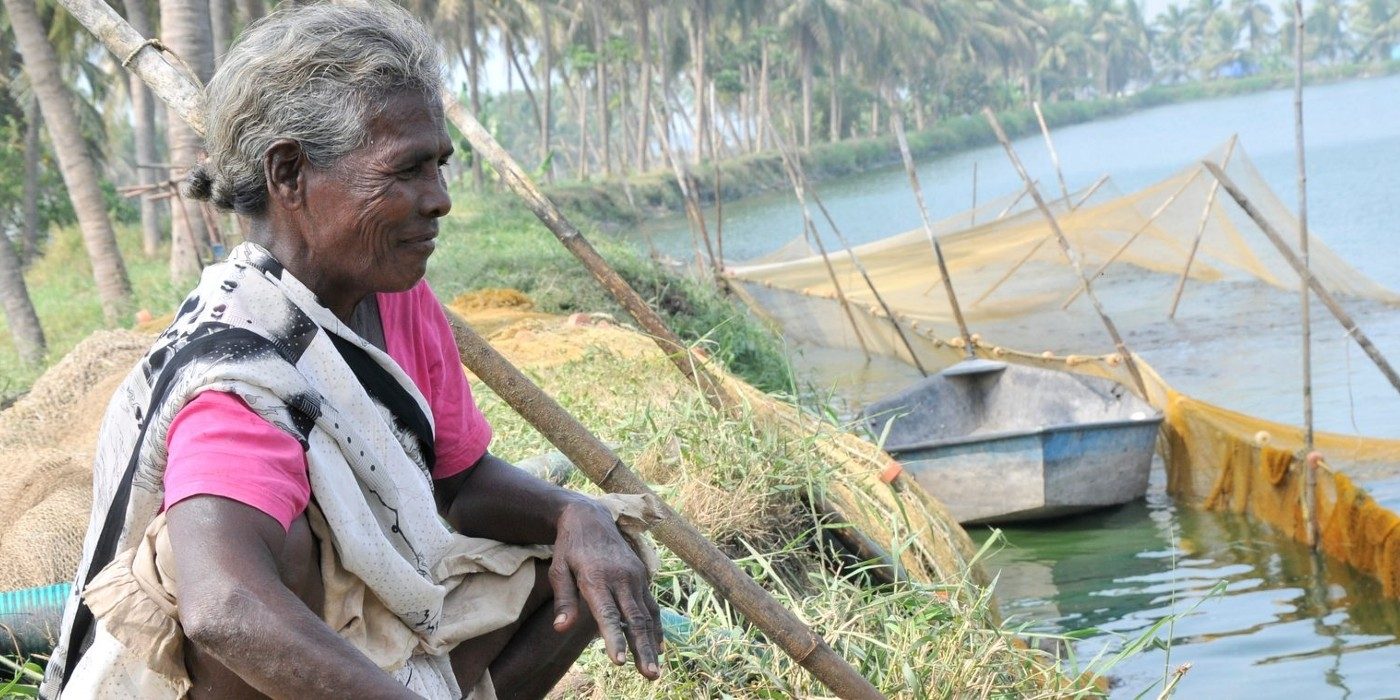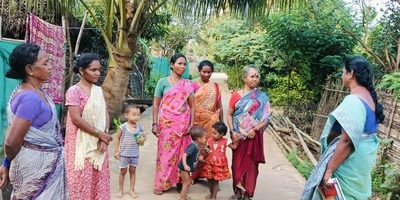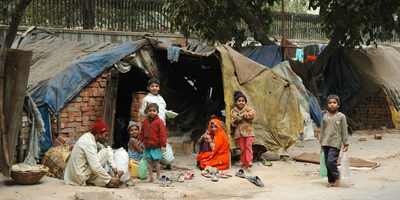
Reducing stigma and increasing the mental wellbeing of Scheduled Tribe communities in India (SATHI)
Background
The Scheduled Tribe (ST) population is a marginalised community in India and has greater vulnerability to mental health issues for multiple reasons, including the impact of rapid social changes altering their lifestyles, beliefs and community living; the strain of acculturation when moving to urban spaces; and the use of alcohol and other substances.
Our pilot study among ST communities in Andra Pradesh, where they constitute about 7% of the population, found a lack of mental health awareness and limited mental health care facilities.
A more sustainable model involving the community and empowering members to act as change agents to enhance mental health facilities is needed to bring about sustainable improvements in mental health and wellbeing.
Aims
- To address selected social determinants of mental health to promote mental health and well-being among ST communities over three years by building the capacities of community members to act as lay counsellors and strengthening the capacity of the public health system.
- To overcome the stigma associated with mental disorders and increase community support for people with Common Mental Disorders (CMDs).
Methods
- Need-based lay counselling provided to community members in distress by members of the Village Support Groups (VSGs) and identified change agents in the community through empathetic listening and engaging and encouraging them to seek help for CMDs, gender-based violence and alcohol abuse.
- Safe spaces provided for those experiencing gender-based violence in the community, and counselling and support provided by VSGs/nongovernment organisation (NGO) partners.
- Primary healthcare doctors trained in the diagnosis and management of CMDs using the SMART Mental Health platform.
- Vocational training provided by NGO partners, who will identify new livelihood opportunities and offer limited funds to support the most vulnerable.
Impact
- Increased proportion of people in the community who show more acceptance and support people with CMDs.
- 40 shelter homes established for women over three years, 800 women and 160 men receiving livelihood support.
- Increase in number of individuals that access the health system to manage CMDs and increased capacity of doctors to diagnose and manage CMDs.
Recent Update
The George Institute organised a policy symposium on the 3rd of March 2023 to explore how SATHI can contribute to the District Mental Health Programme of the government of Andhra Pradesh and promote better mental health among the ST communities in Eluru district. Read more about the symposium









